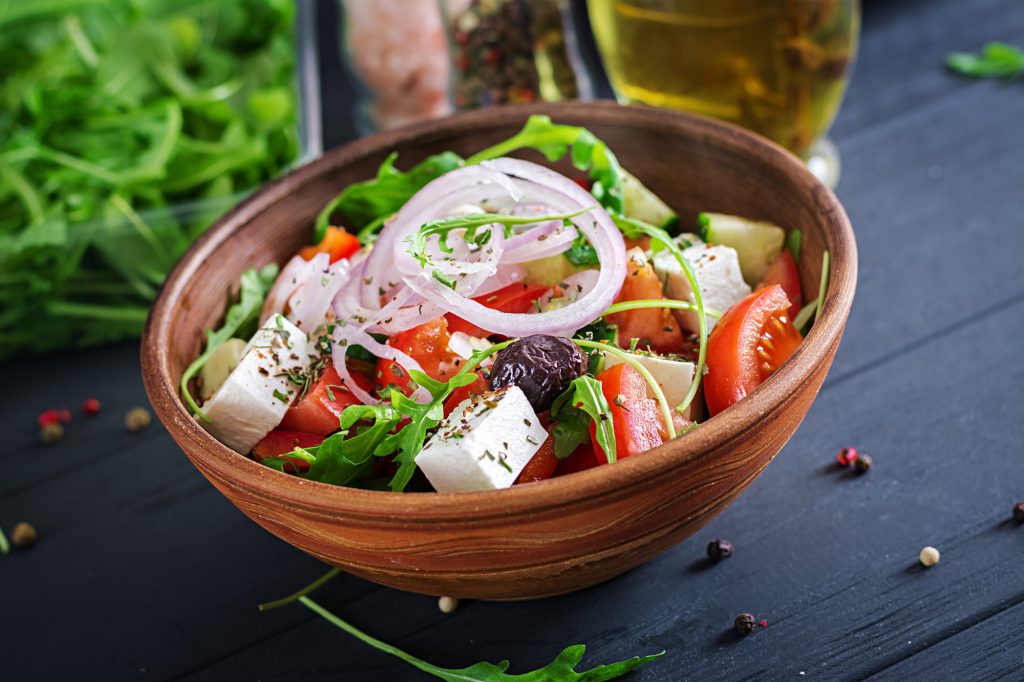Uric acid is a waste product that forms in our bodies when we break down purines, which are found in certain foods. In some people, high uric acid levels can lead to painful gout attacks. However, dietary changes can help manage these levels. In this article, we’ll explore tips for a low-purine diet and how to make healthy food choices to manage uric acid levels.
Understanding Purines and Uric Acid
Purines are naturally occurring substances in many foods, including organ meats, seafood, and beer. When our body breaks down purines, it produces uric acid. Normally, our kidneys remove uric acid from our bodies through urine. However, in some people, their body produces too much uric acid or their kidneys don’t remove it efficiently. This leads to high uric acid levels in the blood, which can cause painful gout attacks.
Low-Purine Foods to Include in Your Diet
If you have high uric acid levels, it’s important to focus on foods low in purines. Here are some examples of low-purine foods that you can include in your diet:
- Vegetables: Most vegetables are low in purines, making them a great choice for a healthy diet. Some examples include spinach, kale, broccoli, carrots, and sweet potatoes.
- Fruits: Fruits are also typically low in purines. Some good options include bananas, cherries, apples, and berries.
- Whole grains: Whole grains, such as brown rice, quinoa, and oats, are low-purine sources of carbohydrates that can be included in your diet.
- Low-fat dairy: Low-fat dairy products, such as milk, cheese, and yoghurt, are low in purines and can provide a good source of protein.

Tips for a Healthy Diet
In addition to focusing on low-purine foods, there are other tips that you can follow to help manage your uric acid levels and promote overall health. Here are some examples:
- Drink plenty of water: Drinking water can help flush out uric acid from your body and prevent the formation of kidney stones.
- Limit alcohol and sugary drinks: Alcohol and sugary drinks can increase uric acid levels in the body, so it’s important to limit these beverages.
- Avoid high-purine foods: Foods high in purines, such as organ meats, shellfish, and beer, should be avoided or limited in your diet.
- Maintain a healthy weight: Being overweight can increase your risk of developing gout, so it’s important to maintain a healthy weight through a balanced diet and regular exercise.
Conclusion
High uric acid levels can lead to painful gout attacks, but dietary changes can help manage these levels. By focusing on low-purine foods and following healthy diet tips, you can promote overall health and prevent gout attacks. Talk to your healthcare provider or a registered dietitian for personalized advice on managing uric acid levels through diet.





















Share this article